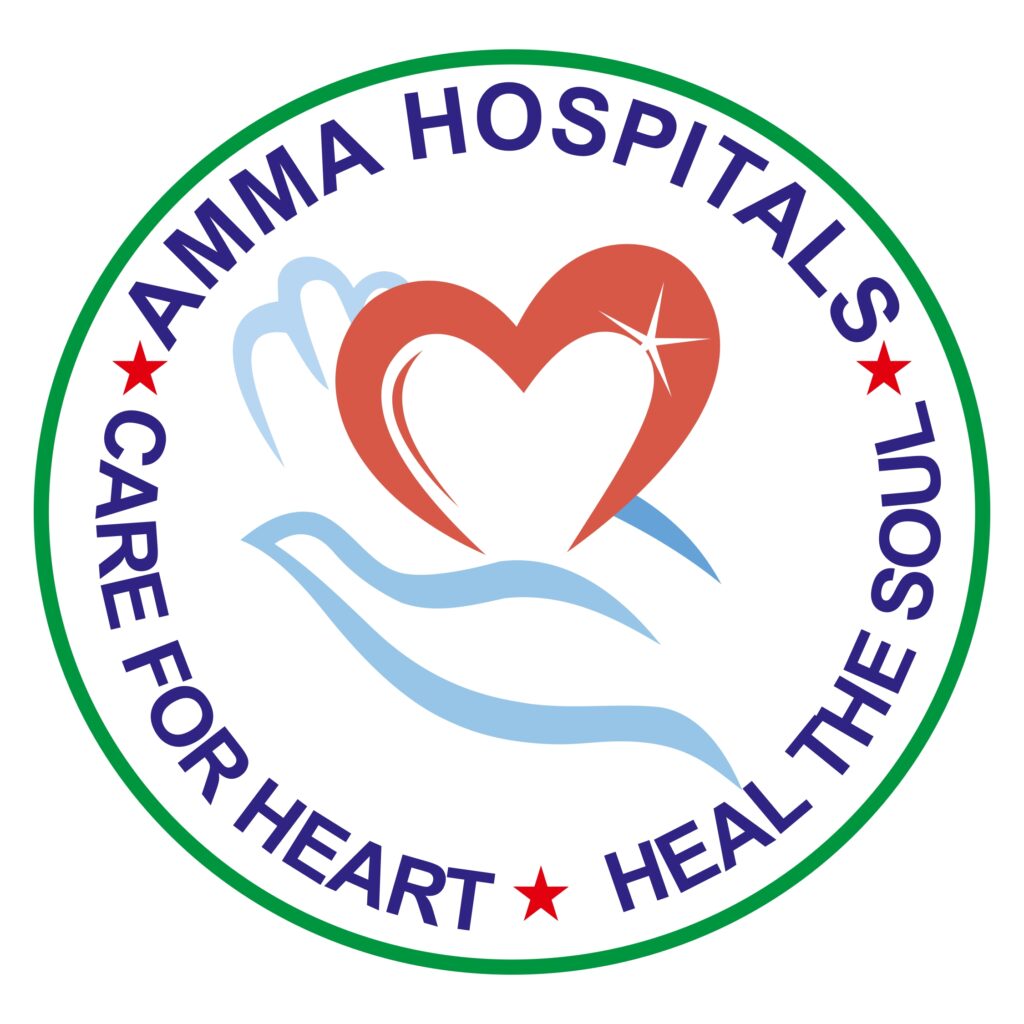CABG stands for Coronary Artery Bypass Grafting. It is a surgical procedure used to treat coronary artery disease (CAD) by bypassing blocked or narrowed coronary arteries with healthy blood vessels to improve blood flow to the heart muscle.
Indications for CABG
- Multiple coronary arteries are narrowed or blocked
- Chest pain or discomfort not relieved by medications
- Blockage in the left main artery supplying a large portion of the heart
- Failed Medical Management
- Those with complex coronary anatomy, diabetes, or prior failed interventions (e.g., angioplasty).
Preoperative Precautions
- Medical Evaluation: Comprehensive assessment of heart function, overall health, and risk factors.
- Medication Management: Adjustments to medications to optimize heart function and reduce surgical risks.
- Blood Tests and Imaging: Tests to evaluate heart function, blood clotting ability, and anatomy (e.g., angiogram).
- Smoking Cessation: Quit smoking to reduce complications during and after surgery.
- Informed Consent: Detailed discussion with the surgeon about the procedure, risks, and expected outcomes.
- Preoperative Rehabilitation: Cardiovascular conditioning exercises to improve overall fitness.
Benefits
CABG surgery restores blood flow to the heart, reducing angina and improving overall heart function. It lowers the risk of heart attack and enhances quality of life by relieving symptoms such as chest pain and shortness of breath, ultimately promoting better cardiovascular health and longevity.
Postoperative Care
- Intensive Care Unit (ICU) Monitoring: This involves initial recovery and close monitoring of heart function, breathing, and overall health.
- Medications to control pain and discomfort.
- Deep breathing exercises and respiratory therapy to prevent complications like pneumonia.
- Gradual mobilization to prevent blood clots and improve recovery.
- Heart-healthy diet to manage cholesterol and blood pressure.
- Cardiac Rehabilitation to improve heart health through exercise, education, and support.
- Regular follow-up with a cardiologist to monitor heart function, medications, and lifestyle modifications.
CABG surgery stands as a crucial intervention in cardiovascular medicine, offering significant benefits by restoring blood flow to the heart and improving overall cardiac function. It alleviates symptoms, reduces the risk of heart attack, and enhances quality of life, making it a pivotal treatment option for patients with coronary artery disease.



